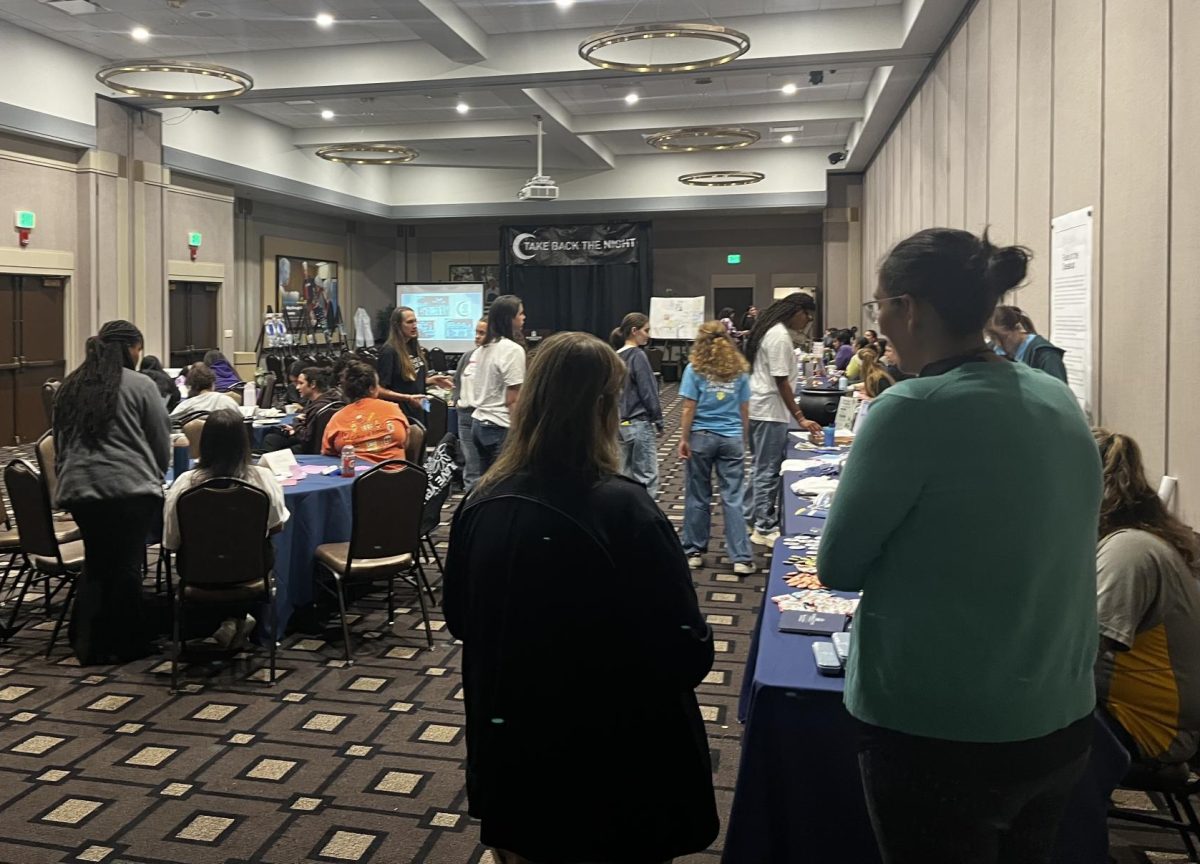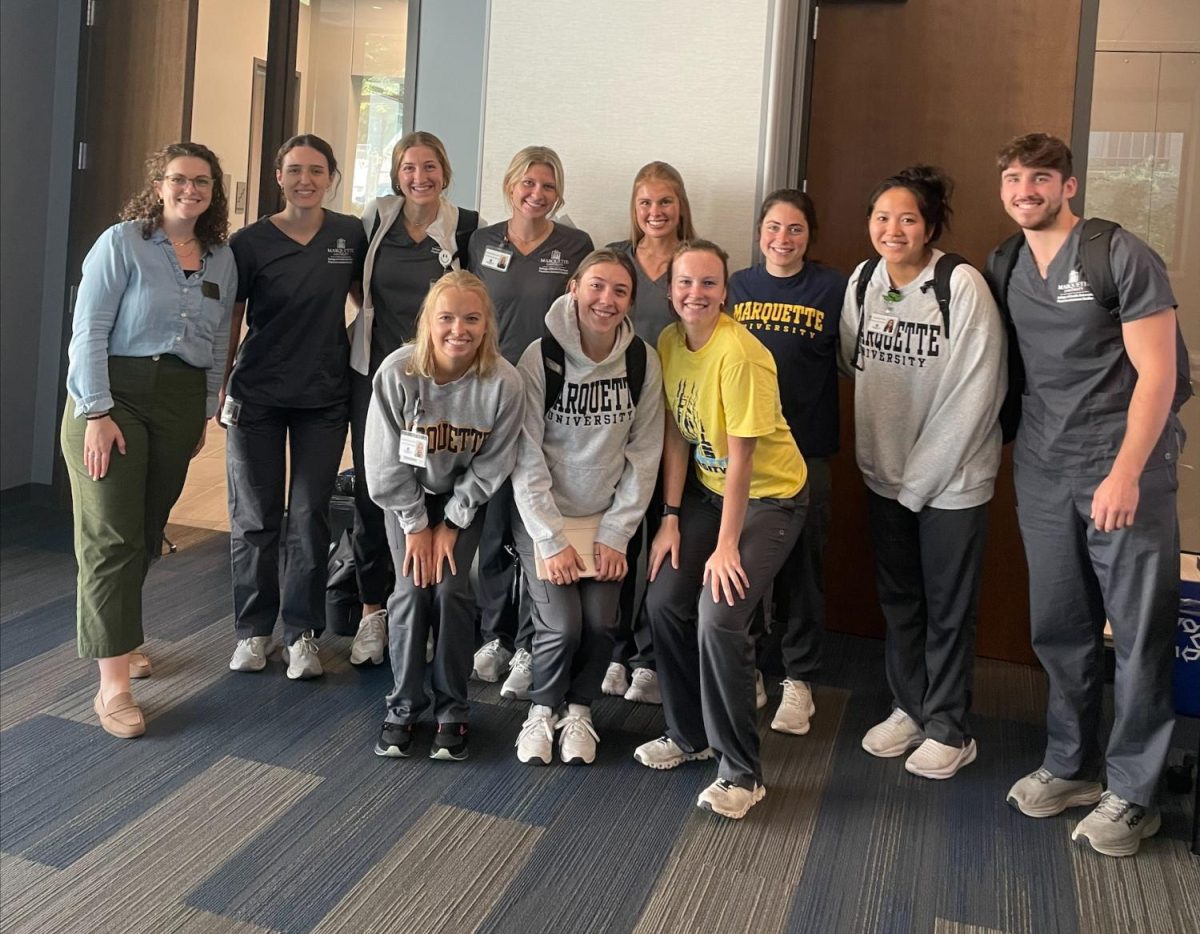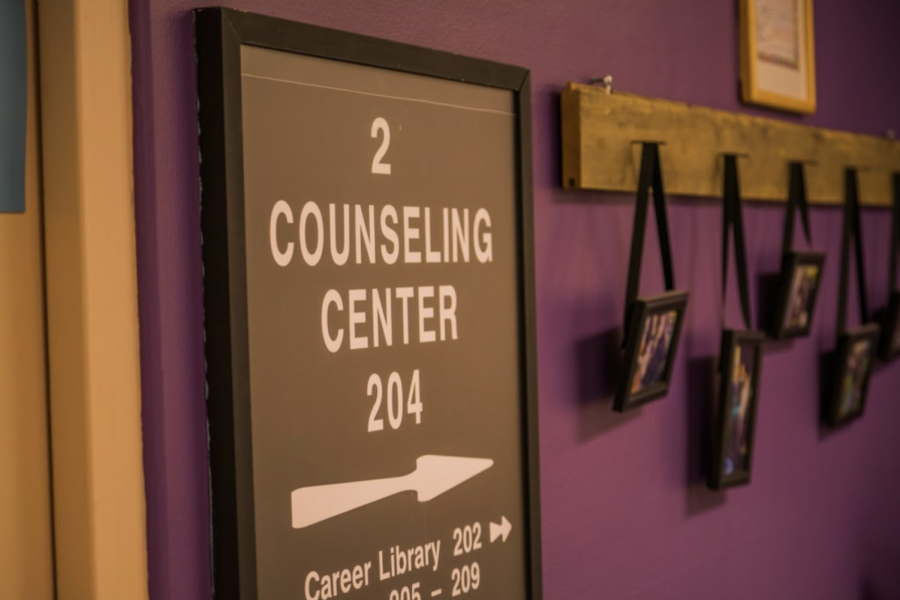Marquette should expand its Counseling Center to accommodate students who require long-term counseling.
This need came to light when the center turned away senior Nick Meli, who suffered anxiety episodes after being diagnosed with level three Oligoastrocytoma (a brain tumor).
Meli asked the Counseling Center for help after learning he had a high chance of recurrence with no treatment within five years.
The center, too understaffed to handle long-term cases, referred Meli to therapists in Milwaukee and then to the Center for Psychological Services, run by graduate students.
While it’s understandable that the Counseling Center is understaffed and budget-strapped in the recession, Marquette’s administration needs to step in. It isn’t acceptable for Marquette students like Meli to be deferred.
Graduate students aren’t a substitute for certified, professional counselors.
The Counseling Center should provide for Meli while he’s at Marquette. The fact that his claim involves larger issues — not merely roommate squabbles or academic problems — does not disqualify Meli from receiving help from the Counseling Center.
Many more students may unexpectedly find themselves in need of long-term counseling too. They should be receive help from Marquette.
Chris Daood, associate director of the Counseling Center, defines long-term cases as students who need more time than one semester, who’ve had previous mental health counseling for years, or who have more extreme issues, like substance abuse or an eating disorder.
He said the center sees about 1,000 students each year, and doesn’t have the staff to see any additional students without resorting to a waiting list. So it ships out the more difficult cases.
The Counseling Center has experienced an increase in the number of students seeking counseling, Daood said, which is in line with the national trend.
More students are requesting counseling than ever before, according to National Public Radio.
In 2007, about 15 percent of students reported being diagnosed with depression at some point in their lives, versus 10 percent in 2000.
Stanford University even increased its counseling staff and created the Stanford Theatre Activist Mobilization Project, where students read monologues written by peers with mental health issues.
Marquette has also responded to the trend by adding a full-time psychiatrist, a suicide expert and a diversity position.
Hiring more counselors marks an important step.
But this step is still not big enough to help students with long-term cases.
Clearly the center is unequipped to handle long-term cases. Now it’s up to Marquette’s administration to broaden the Counseling Center’s services.
These are the students who need counseling. For the university to transfer them to community psychologists or even graduate students is irresponsible.
As Meli’s girlfriend, senior Johanna Larson said, “We just need help now.”




